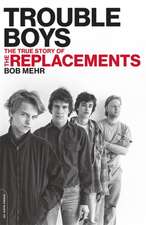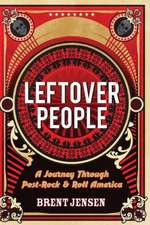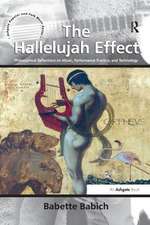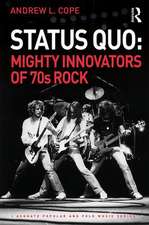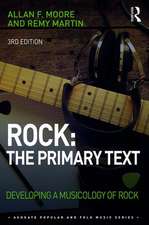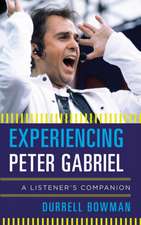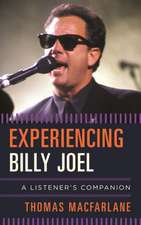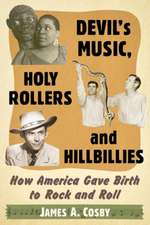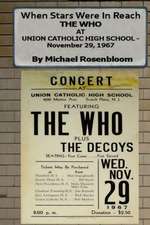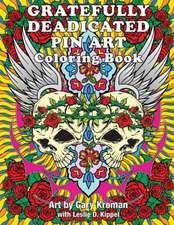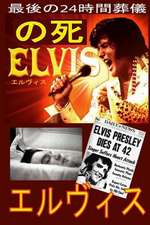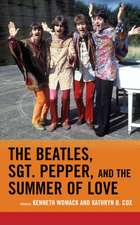Acid House
Autor Luke Bainbridgeen Limba Engleză Paperback – 9 feb 2014
Preț: 171.27 lei
Nou
Puncte Express: 257
Preț estimativ în valută:
32.77€ • 34.22$ • 27.12£
32.77€ • 34.22$ • 27.12£
Carte tipărită la comandă
Livrare economică 04-18 aprilie
Preluare comenzi: 021 569.72.76
Specificații
ISBN-13: 9781780387345
ISBN-10: 1780387342
Pagini: 269
Ilustrații: colour photos
Dimensiuni: 160 x 233 x 23 mm
Greutate: 0.51 kg
Editura: OMNIBUS PRESS
ISBN-10: 1780387342
Pagini: 269
Ilustrații: colour photos
Dimensiuni: 160 x 233 x 23 mm
Greutate: 0.51 kg
Editura: OMNIBUS PRESS
Notă biografică
Luke Bainbridge was one of the founding editors of the Observer Music Monthly and ghostwriter of Shaun Ryder's 2011 autobiography, the bestselling Twisting My Melon. Over the last 20 years, Bainbridge has interviewed almost every top musician and popstar, from Jay-Z to Paul McCartney, Kanye West to Oasis.
Descriere
The author examines the legacy and lasting impact of acid house, and how the second summer of love is viewed 25 years on. How has acid house been assimilated into mainstrem culture? How did the change in drugs, away from ecstacy towards other drugs, affect the music and the party scene?
Bainbridge has interviewed most of the protagonists who led the revolution, from the DJs and musicians to the promoters, gangsters and ravers, and built up a relationship of trust and mutual respect. This is the true story of acid house, from the DJ box to the dancefloor.
Why has the free party scene never really been replicated, despite new technology's greater capacity to organize events and disseminate information? Who were the real winners and casualties in the story? Do the world's current biggest DJs - Tiesto, Swedish House Mafia, David Guetta - have any connection to the original scene? Where next for house and dance music in general?
Bainbridge has interviewed most of the protagonists who led the revolution, from the DJs and musicians to the promoters, gangsters and ravers, and built up a relationship of trust and mutual respect. This is the true story of acid house, from the DJ box to the dancefloor.
Why has the free party scene never really been replicated, despite new technology's greater capacity to organize events and disseminate information? Who were the real winners and casualties in the story? Do the world's current biggest DJs - Tiesto, Swedish House Mafia, David Guetta - have any connection to the original scene? Where next for house and dance music in general?

